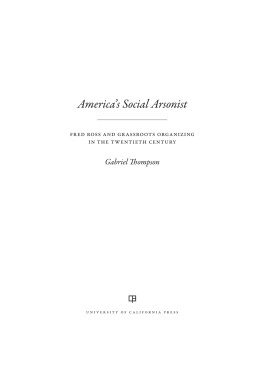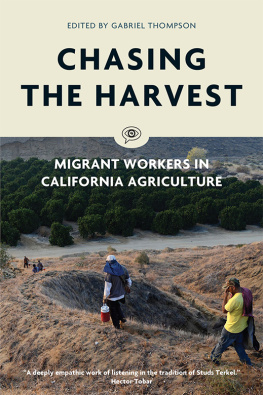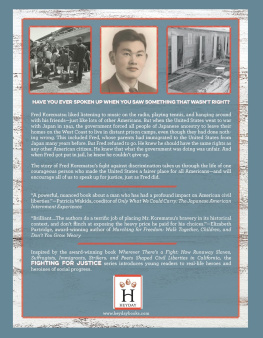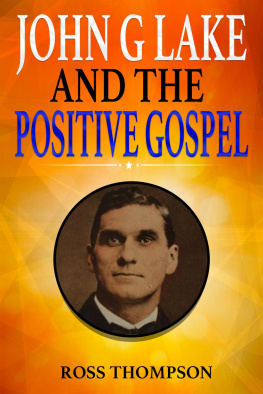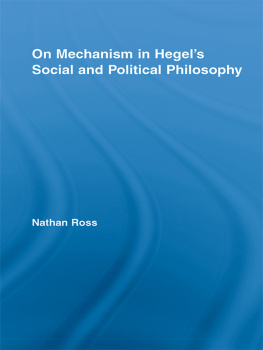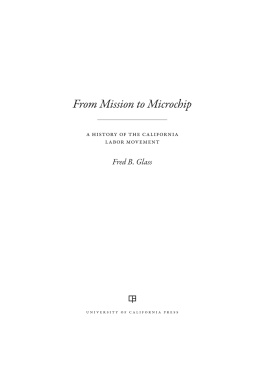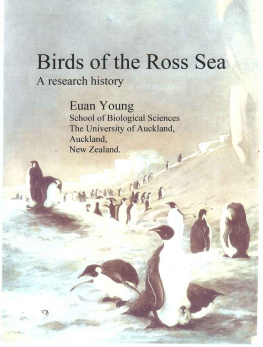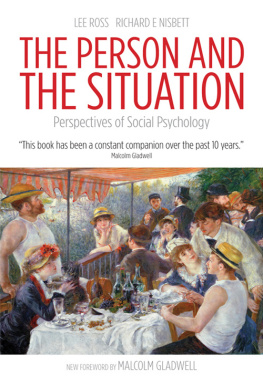Gabriel Thompson - Americas Social Arsonist: Fred Ross and Grassroots Organizing in the Twentieth Century
Here you can read online Gabriel Thompson - Americas Social Arsonist: Fred Ross and Grassroots Organizing in the Twentieth Century full text of the book (entire story) in english for free. Download pdf and epub, get meaning, cover and reviews about this ebook. year: 2016, publisher: University of California Press, genre: Detective and thriller. Description of the work, (preface) as well as reviews are available. Best literature library LitArk.com created for fans of good reading and offers a wide selection of genres:
Romance novel
Science fiction
Adventure
Detective
Science
History
Home and family
Prose
Art
Politics
Computer
Non-fiction
Religion
Business
Children
Humor
Choose a favorite category and find really read worthwhile books. Enjoy immersion in the world of imagination, feel the emotions of the characters or learn something new for yourself, make an fascinating discovery.
- Book:Americas Social Arsonist: Fred Ross and Grassroots Organizing in the Twentieth Century
- Author:
- Publisher:University of California Press
- Genre:
- Year:2016
- Rating:3 / 5
- Favourites:Add to favourites
- Your mark:
Americas Social Arsonist: Fred Ross and Grassroots Organizing in the Twentieth Century: summary, description and annotation
We offer to read an annotation, description, summary or preface (depends on what the author of the book "Americas Social Arsonist: Fred Ross and Grassroots Organizing in the Twentieth Century" wrote himself). If you haven't found the necessary information about the book — write in the comments, we will try to find it.
Raised by conservative parents who hoped he would stay with his own kind, Fred Ross instead became one of the most influential community organizers in American history. His activism began alongside Dust Bowl migrants, where he managed the same labor camp that inspired John Steinbecks The Grapes of Wrath. During World War II, Ross worked for the release of interned Japanese Americans, and after the war, he dedicated his life to building the political power of Latinos across California. Labor organizing in this country was forever changed when Ross knocked on the door of a young Cesar Chavez and encouraged him to become an organizer.
Until now there has been no biography of Fred Ross, a man who believed a good organizer was supposed to fade into the crowd as others stepped forward. In Americas Social Arsonist, Gabriel Thompson provides a full picture of this complicated and driven man, recovering a forgotten chapter of American history and providing vital lessons for organizers today.
Gabriel Thompson: author's other books
Who wrote Americas Social Arsonist: Fred Ross and Grassroots Organizing in the Twentieth Century? Find out the surname, the name of the author of the book and a list of all author's works by series.

